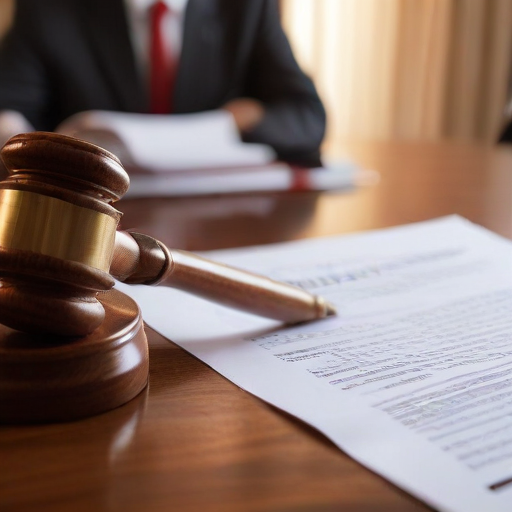Former Representative Matt Gaetz, recently nominated by President-elect Donald Trump for the position of Attorney General, faces serious scrutiny due to long-standing allegations of illicit drug use and sexual relations with underage women. Though he has not been officially charged with any crimes, there is an urgent call from lawmakers across the political spectrum for the release of a critical report by the House Ethics Committee, purportedly containing serious accusations against him. Gaetz and his legal team have consistently denied all allegations of misconduct.
As Attorney General, Gaetz would lead the Justice Department, responsible for prosecuting federal crimes and overseeing significant legal cases, which includes managing a vast workforce of attorneys and special agents. Trump described Gaetz as a “Champion for the Constitution and the Rule of Law” when he announced his nomination on November 13. Educated at William & Mary Law School, Gaetz has primarily worked in private practice before launching into a political career, representing a staunchly Republican district in Florida since 2016.
Gaetz has had a controversial political journey, vocalizing libertarian viewpoints, supporting the legalization of marijuana, and defending Trump vigorously during challenges, including the former president’s first impeachment. After the contentious 2020 elections, Gaetz promoted conspiracy theories related to election fraud and took an active role in defending those involved in the January 6 Capitol riot.
Key allegations against Gaetz trace back to his friendship with Joel Greenberg, who was arrested in 2020 and later sentenced to 11 years in prison for serious crimes, including sex trafficking of a minor. Following Greenberg’s arrest, investigations were launched to determine if Gaetz had engaged in similar conduct, including statutory rape. Although the Justice Department’s inquiry closed without charges against Gaetz last year, the ongoing House Ethics Committee investigation continues to draw attention.
The Ethics Committee is reportedly nearing a decision regarding the public release of its report—the timing of Gaetz’s resignation from Congress raises concerns among lawmakers about the substance of the findings. Bipartisan voices, including Senate leaders, are calling for transparency, stating that the investigation’s conclusions are vital for assessing Gaetz’s fitness for office.
Despite the ongoing scrutiny, Gaetz’s supporters maintain that he has been cleared of wrongdoing, emphasizing the lack of charges following the DOJ investigation. The narrative surrounding the Ethics Committee report remains tense, as calls for its release grow amid allegations of misconduct.
As the Senate prepares for Gaetz’s confirmation process, the party-line divides suggest it will be a challenging road ahead. Many Republican senators are reportedly surprised at Gaetz’s nomination, hinting potential dissent within his own party. Ultimately, the Senate Judiciary Committee will be responsible for evaluating Gaetz’s qualifications and overseeing the hearings, ensuring transparency and adherence to democratic standards.
In summary, while Matt Gaetz’s nomination as Attorney General poses significant political implications and public scrutiny, it also emphasizes the importance of oversight and accountability in governmental positions. The process will serve not only to assess Gaetz’s qualifications but also to uphold the integrity of the justice system. The situation illustrates the broader challenges and responsibilities that come with public service in a politically charged environment.
This debate could inspire citizens to engage more actively in governmental processes and advocate for transparency and ethical standards among elected officials, fostering a more robust democratic framework.
